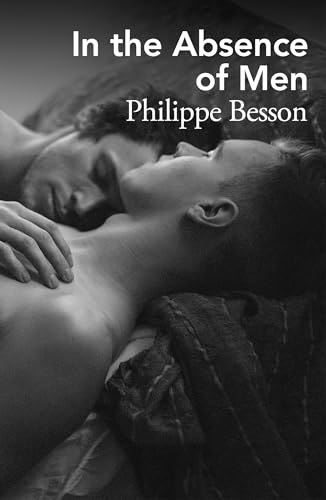What do you think?
Rate this book


Paperback
First published June 28, 2001
"I realise that this is what it means to be lovers: using the same words to speak of the same things though one has never heard the other use them; these random similarities, this remarkable intimacy."
"I want to experience only the moment, not the looming certainty that I will lose that moment, not the certain awareness that, ultimately, this moment must slip from present to past, only the joy of the moment and the graze of memory."